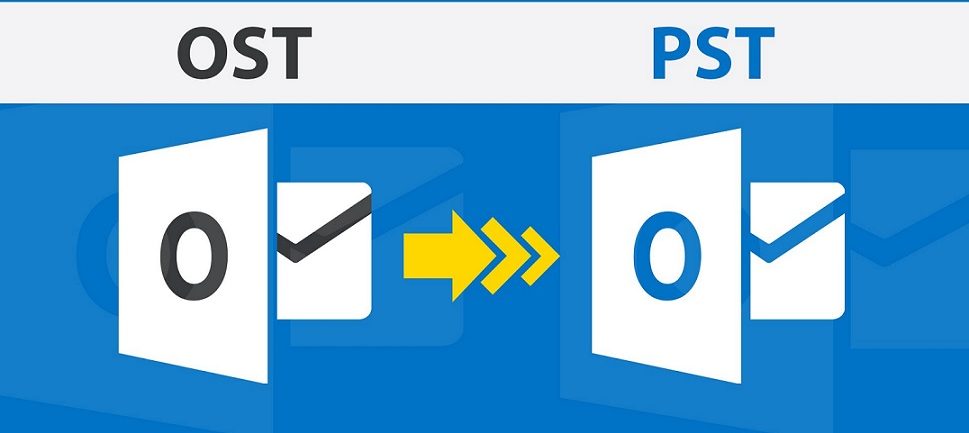Let us say you want US citizenship. You were not born in this country, but now, you desire US residency. Maybe you’ve lived here for years with a green card already, and becoming a citizen seems logical.
You must take a test when you become a citizen. You must learn about US history, which makes sense. You should know this country’s history if you become a citizen since you’ll live here and presumably feel some patriotism while you do.
You must also take an English test when you become a citizen. We’ll talk about that right now:
Why You Should Take an English Test When You Become a Citizen
Some individuals bypass the English test when obtaining citizenship, but most people take it. They do it because, while English is not the official American language, most people speak it in this country.
The American government wants English fluency when someone moves here and becomes a citizen because it shows they’re assimilating. They can continue speaking their native language, but if they speak English confidently, it shows they’re making an effort.
Like learning America’s history, if you learn English when you move here, you can get along easier. When you meet someone, they’ll likely speak fluent English, and you can do the same.
You might speak your native language at home because you’d prefer not to forget it, and you might also feel two connections. You may have an American connection now, but you probably still love your original country as well.
Why Some People Struggle Learning English
Some languages sound like English. They may even share certain words. If you know Spanish or Portuguese, they don’t sound entirely unlike English. However, if you speak a language completely unlike English, like Japanese or Chinese, you might struggle when learning the language.
That’s because learning a foreign language as an adult challenges you more than when you learn it as a child. Many studies show this. If you’re a child, you learn as you grow. If you learn a completely unfamiliar language when you’re middle-aged, that might not go so well.
Individuals who try to get their citizenship later in life might not learn English very well. They may make a sincere effort, but they may not become fluent by the time they must take the citizenship test.
What Can You Do if You Can’t Master English?
If you don’t know fluent English when you take the citizenship test, you can conceivably get an exemption. Maybe you won’t take the language portion, and you’ll just take the American history section.
You can do this if you if you are over age 50 and you have lived in the country for over 20 years. Maybe you’ve had a green card for quite some time, so you meet these qualifications.
There’s one more way you can skip the English language portion. Those aged 55 or older who have been in the United States for 15 years or longer can also skip that section.
There’s a medical disability exemption too, and it’s worth mentioning. If you have a significant, documented health issue, maybe you won’t take it. You can submit all the necessary paperwork, including a doctor’s note stating that you have this issue, and the government might let you off.
What if You Have a Medical Condition, But You Must Still Take the English Test?
It’s possible the government might feel you have a medical condition, but you can still take the English test. If they think that’s the case, they can give you various accommodations that they feel can help you. You must still pass the test, even in your physical state.
Most People Can Pass Both the Civics and English Test
Even if you’re not great with the English language, you can usually pass the test, provided you dedicate yourself and buckle down. You can hire a tutor who might help you. If you can’t afford one, you may also take an online course.
You can also find apps these days that can help you. Something like Babble can assist you as you learn some of the most basic English language skills you should encounter on the test. You can be an international English language learner by following apps.
You probably won’t speak fluent English when you take the test, but if you can master some basic words and phrases, you should do fine. You can also continue learning English as a citizen. Many people do, and these skills serve them well.










